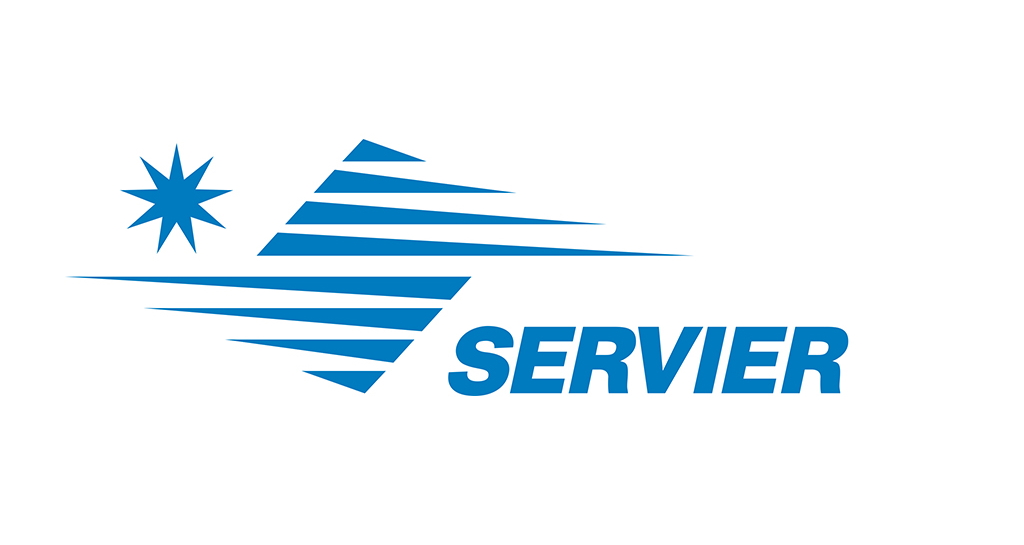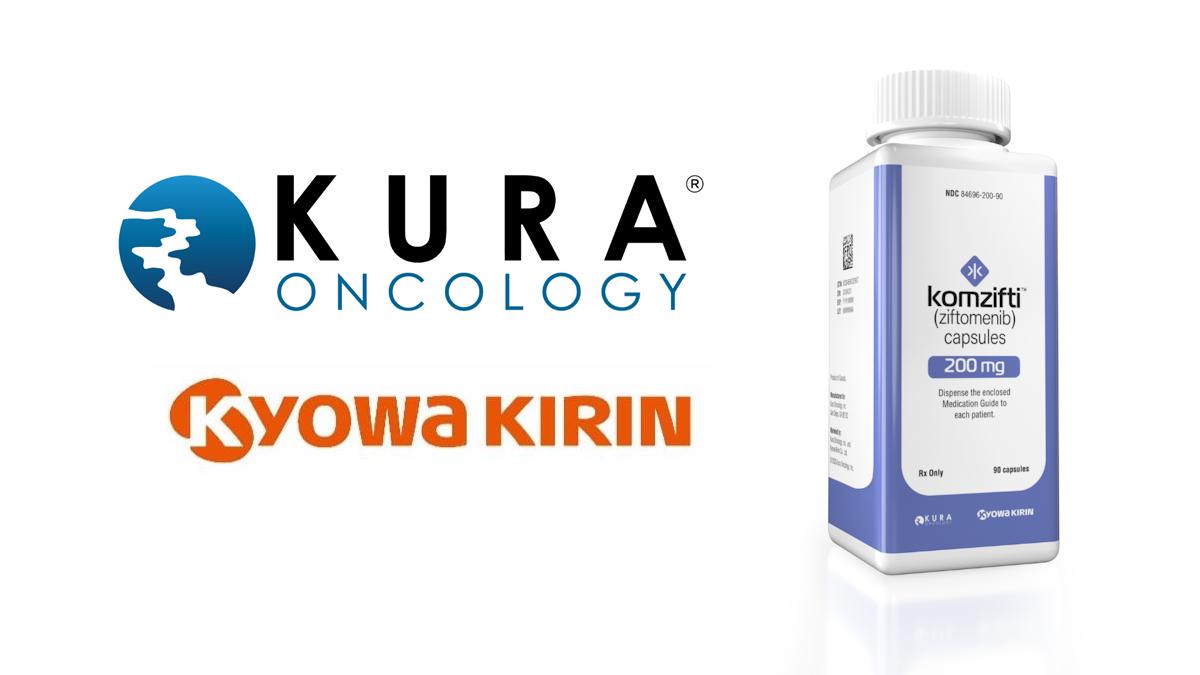ASH: Servier's Tibsovo poised for first-line used in AML

Servier has revealed the full data from its phase 3 trial of Tibsovo as a first-line treatment for acute myeloid leukaemia that it teased in the summer, and the results look good with a big impact recorded on patient survival.
The AGILE trial, which compared the combination of Tibsovo (ivosidenib) and Bristol-Myers Squibb's chemotherapy Vidaza (azacitidine) to Vidaza plus placebo as a first-line therapy for IDH1-positive AML, showed a three-fold improvement in overall survival.
IDH1 mutations are seen in between 7% and 14% of AML patients – which is the most common form of leukaemia in adults with around 20,000 new cases in the US each year – and tend to be associated with a poorer prognosis.
The combination arm had a median OS of 24 months, compared to 8 months with Vidaza on its own, while event-free survival (EFS) was also significantly improved in the study, which was halted early on the advice of its data monitoring committee.
The main endpoints were highly statistically significant and backed up by solid improvements in secondary measures including the complete remission rate, which came in at 47.2% for the Tibsovo arm and 14.9% for the control group.
Tibsovo is already approved in the US as a monotherapy for people aged 75 or over with IDH1-mutated AML who aren't able to receive chemotherapy, and also as a second-line therapy for patients who have relapsed or refractory disease.
If added to the label, the new data would expand the eligible patient population for the drug significantly, although it is reportedly already being used off-label in this setting.
Formal approval would help Servier get a return on its investment in the drug, which it as part of its $1.8 billion takeover of Agios Pharma's oncology business last year.
A well as firming up the label for Tibsovo in the US, the AGILE data could also get the drug back on track in the EU, where it faced regulatory pushback from the EMA's human medicines committee.
The original marketing application for the drug was eventually withdrawn, but Servier has said it will now refile seeking approval as a first-line therapy alongside chemo.
"Acute myeloid leukaemia is a rapidly progressing type of cancer, and the prognosis is often poor," said Stephane De Botton of the Institut Gustave Roussy in France, who was AGILE's principle investigator.
"Our goal with treatment is to prolong overall survival, and the impressive clinical benefit following treatment with Tibsovo in combination with azacitidine is incredibly promising for these patients," he added.













